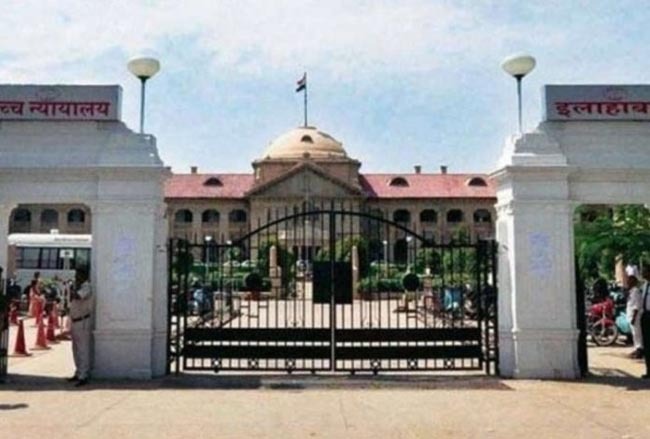Prayagraj, August 27 (HS). The Allahabad High Court said in a decision that an order granting sanction for criminal prosecution against a government employee under Section 19 of the Prevention of Corruption Act, 1988 can be challenged at any stage of trial proceedings. The court said that the ban imposed by the High Court on overturning the findings of the special judge under Section 19 (3) will not apply in such cases.
The high court said that Section 19(3) of the Prevention of Corruption Act, 1988 provides the circumstances under which a finding, sentence or order of a special judge under the Act may be reversed or altered by the high court in an appeal, revision, etc. Section 19(3)(b) provides that no proceedings under the Act shall be stayed on the ground of any error, omission or irregularity in the sanction granted by the authority, unless the court is satisfied that such error, omission or irregularity has resulted in failure of justice.
Justice Rajiv Mishra said that where the sanction order is illegal and the issue is raised during the pendency of the case, then in such a situation the prohibition contained in subsection (3) of section 19 of the Prevention of Corruption Act, which prevents the superior court from interfering with the order passed by the court in proceedings under the Prevention of Corruption Act, does not apply. This order has been given by the High Court in the case of Rajendra Singh Verma vs CBI.
Relying on the BSNL, Conduct, Discipline and Appeal Rules, 2006, the High Court held that the Chief Managing Director (BSNL), New Delhi is the competent authority to initiate criminal prosecution against the applicant. It was held that the Director (HR) BSNL, New Delhi had no authority to issue the sanction and had acted beyond his jurisdiction.
The High Court said that even if a competent authority has issued a sanction order for criminal prosecution, it can be challenged. It also held that even if the sanction was given in 2017, raising objections in 2023 will have no effect of negligence. Because the issue of jurisdiction can be raised at any stage.
The court said that in Nanjappa v State of Karnataka, the Supreme Court held that Section 19(3) does not prevent a Special Judge from discharging an accused in a case where he is of the opinion that the sanction order under Section 19(1) of the Prevention of Corruption Act was illegal. It was held that the Special Judge Ghaziabad can pass an order regarding the maintainability of the prosecution in the absence of a valid sanction order at any stage of the proceedings. Accordingly, it was held that since the trial had commenced on the basis of illegal sanction, the order of the Trial Court Ghaziabad in respect of the applicant was set aside and the Trial Court was directed to discharge the applicant.
 look news india
look news india
